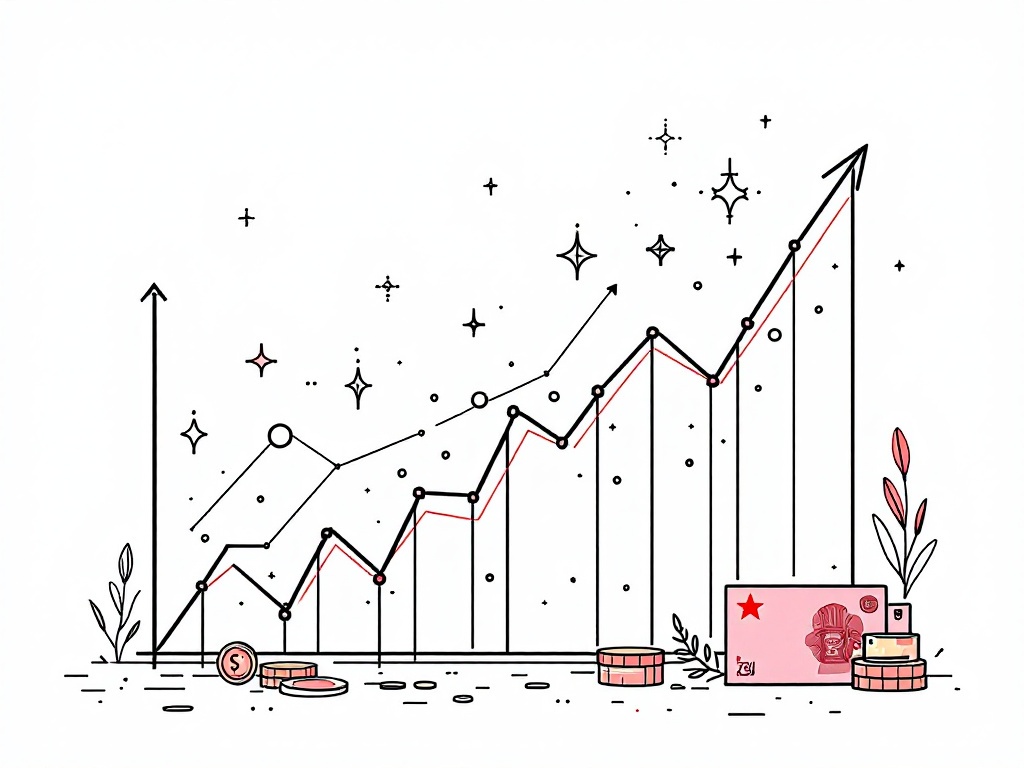China's Inflation Falls to Five-Month Low Amid Economic Weakness

Beijing, Monday, 9 December 2024.
In November 2024, China’s consumer inflation slowed to a five-month low at 0.2%, highlighting persistent economic challenges despite government stimulus efforts. Key policy meetings are imminent.
Deepening Economic Concerns
The latest data from China’s National Bureau of Statistics reveals that consumer prices rose by just 0.2% year-on-year in November 2024, falling short of analysts’ expectations of 0.5% [1][2]. This represents a decline from October’s 0.3% increase, marking the lowest level since June 2024 [1]. Adding to the concerns, factory-gate prices, measured by the Producer Price Index (PPI), have now experienced deflation for 26 consecutive months, dropping 2.5% compared to October 2024 [1][2].
Sectoral Impact and Consumer Behavior
The weak inflation data reflects a complex economic landscape. While food costs showed some strength, with vegetable and pork prices rising by 10% and 13.7% respectively [3], other sectors demonstrated concerning weakness. Consumer durables saw significant price drops, with home appliances falling 3.1%, vehicle prices declining 4.8%, and housing rents decreasing by 0.3% [3]. These price declines indicate persistent weak consumer demand despite previous stimulus measures [1].
Future Economic Outlook
The economic challenges have prompted revised growth forecasts, with Fitch Ratings recently lowering China’s 2025 GDP growth projection to 4.3% from 4.5% [2]. Goldman Sachs predicts that near-zero CPI figures will persist through 2025 [2]. According to Carlos Casanova, senior Asia economist at Union Bancaire Privee, the weaker inflation data may intensify calls for additional policy stimulus in December [1].
Policy Response and Next Steps
As China faces these economic headwinds, policymakers are preparing for crucial meetings. The Central Economic Work Conference, scheduled for December 11, 2024, will outline economic goals and stimulus measures for 2025 [1][2]. The People’s Bank of China is expected to implement further monetary easing through interest rate cuts and reductions in the reserve requirement ratio in the coming weeks [1]. Additionally, officials have indicated plans for expanded fiscal stimulus and subsidies for home appliances and cars in 2025 [1].